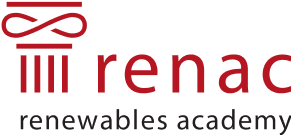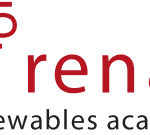This website uses cookies so that we can provide you with the best user experience possible. Cookie information is stored in your browser and performs functions such as recognising you when you return to our website and helping our team to understand which sections of the website you find most interesting and useful.
Projects
Filter and search
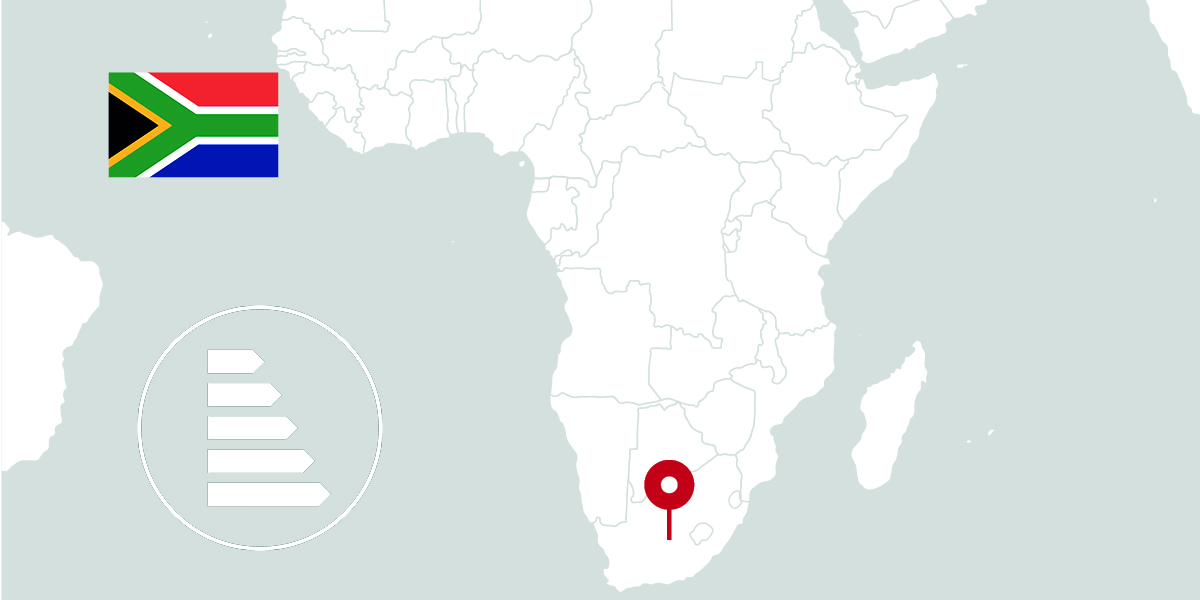
Client
Services
Background
The International Finance Corporation (IFC) is an investor and advisor supporting sustainable economic growth in developing countries by making private sector investments, mobilizing capital in the international financial markets, and providing advisory services to businesses and governments.
The Scaling Up Climate Finance through Greening the Financial Sector – also known as the 30 by 30 zero program – is a technical assistance program funded by the German government and led by IFC, in partnership with the World Bank (WB) and national stakeholders. It aims to harness the financial sector in targeted countries to considerably scale up private sector financing for climate mitigation and adaptation projects in line with their Nationally Determined Contributions (NDC) targets. The program is being implemented in Egypt, Mexico, the Philippines and South Africa, from 2021 to 2027. The program’s short name reflects the aspirational target to increase climate lending by banks (to close to 30 percent of their portfolio by 2030), and to reduce their coal exposure while managing climate-related risks. The program plans to collaborate with a partner bank in South Africa to support training and skills development for bank staff in the financing of green building, energy efficiency and resource efficiency.
IFC is seeking the services of a firm to deliver this training.
Target groups
Target countries
Dates
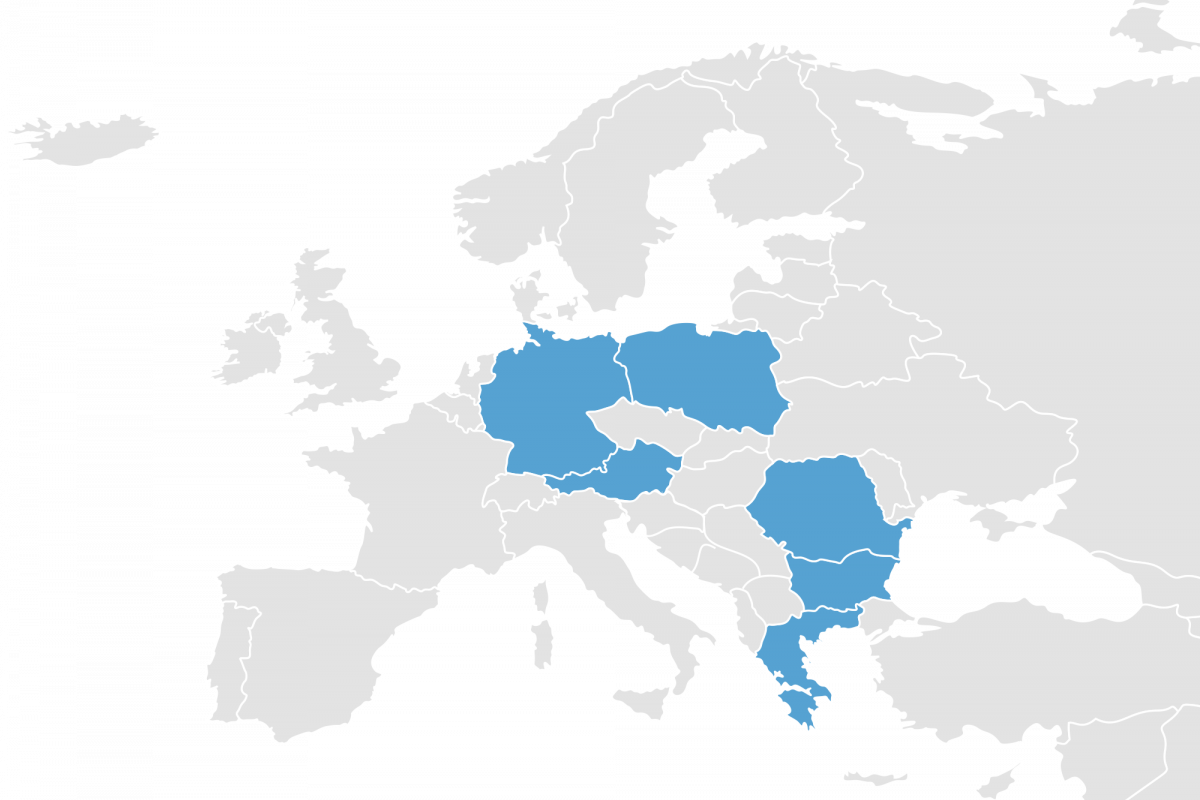


Client
Services
Background
The decarbonisation of the EU27 is expected to result in the loss of ~76k workers’ jobs in coal mines & plants until 2025 (154k until 2030). Partnership countries (GR, DE, AT, RO, BG, PL) will be particularly affected, currently representing 81% of the total EU coal workforce (190k). At the same time, a surge of jobs in the Renewable Energy Sources (RES) sector is already happening and expected to continue and perhaps grow.
Target groups
Target countries
Dates
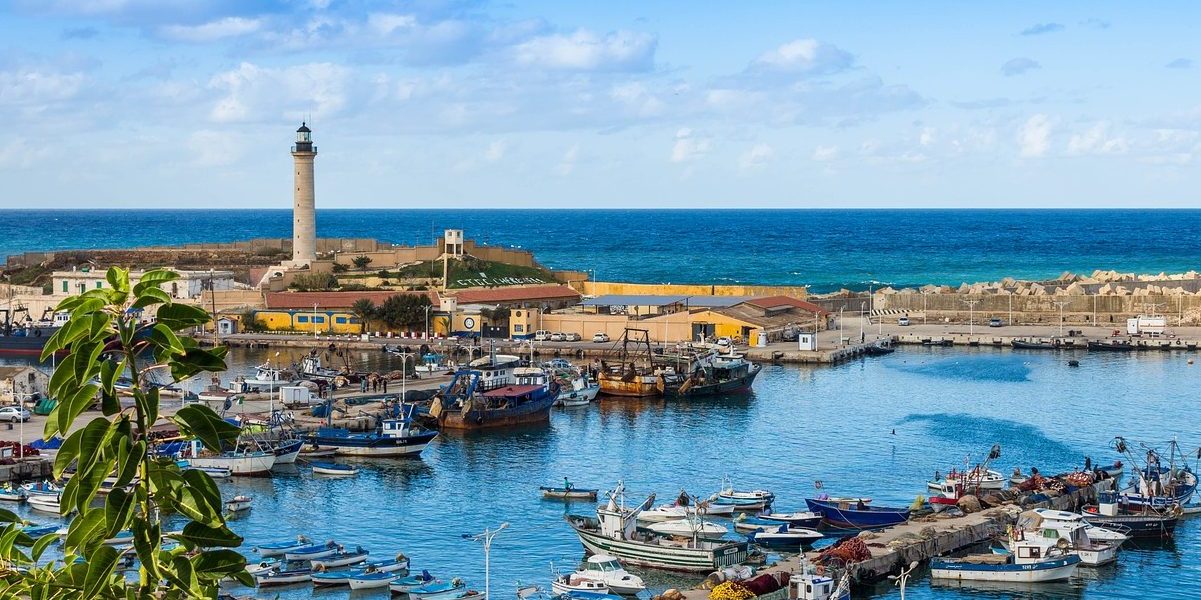

Client
Services
Target groups
Target countries
Dates

Client
Services
Background
GPE NET is a two-year Master program in English, offered by the TU Berlin. The degree program offers comprehensive qualification in renewable energy technologies such as photovoltaics, solar thermal systems, wind energy, hydro power, bio energy and geo thermal systems. The major aims to prepare its students for the challenges of the booming renewable energies markets. The course of studies is oriented around the requirements in commercial practice and takes all steps of the value-creating process into account; from production of renewable energies components, planning /installation and operation of renewable power generation facilities, up to management, financing, law and marketing aspects of the renewables industry.
This research-oriented education with its semi-practical application in labs, the mandatory internship and the preparation and writing of the master thesis allow students to get an early start on assuming tasks bearing responsibility and prepare them for a fruitful future career in the industry.
GPE currently offers two majors: Manufacturing and Solar Technology. The Manufacturing major was introduced at the beginning of the GPE program in 1998. The Solar Technology was founded in 2007 as a way of developing technological potential in this area of international engineering education. The strong connection between the solar industry and the research institutes in the regions of Berlin and Brandenburg brings theory and practice together in one place.
The degree program GPE NET, is directed at engineers with a B.Sc., who are to occupy leadership positions in global renewable energy enterprises, specifically in the areas of production, management or engineering.
Target groups
Dates
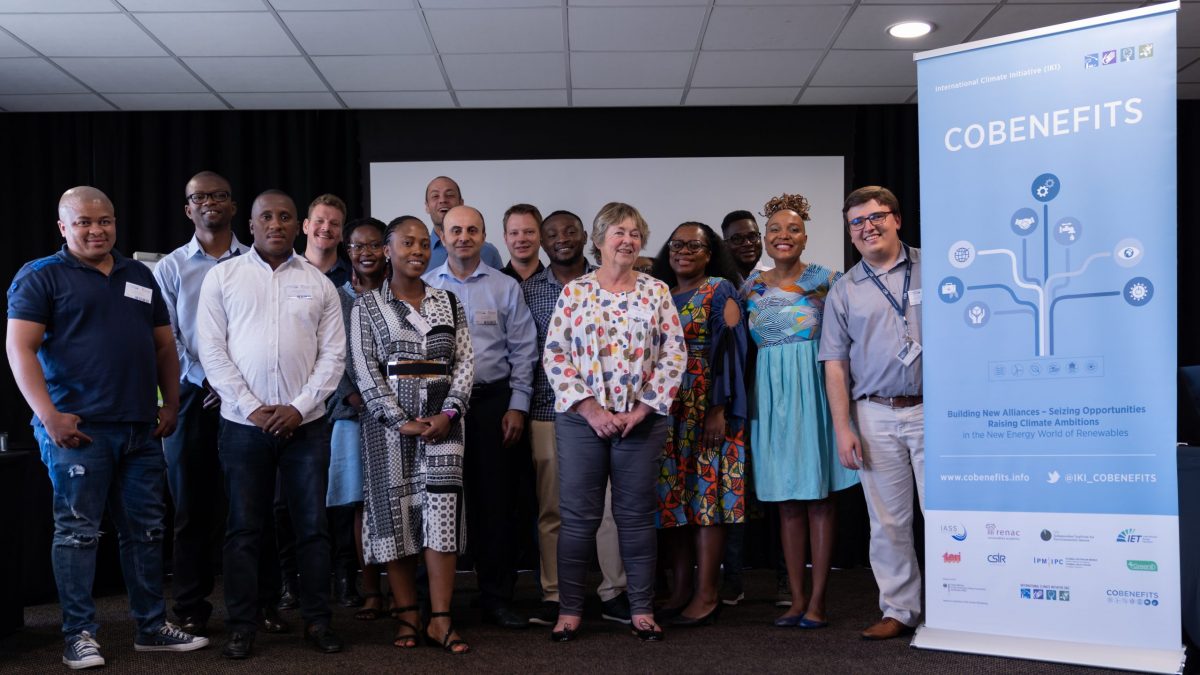

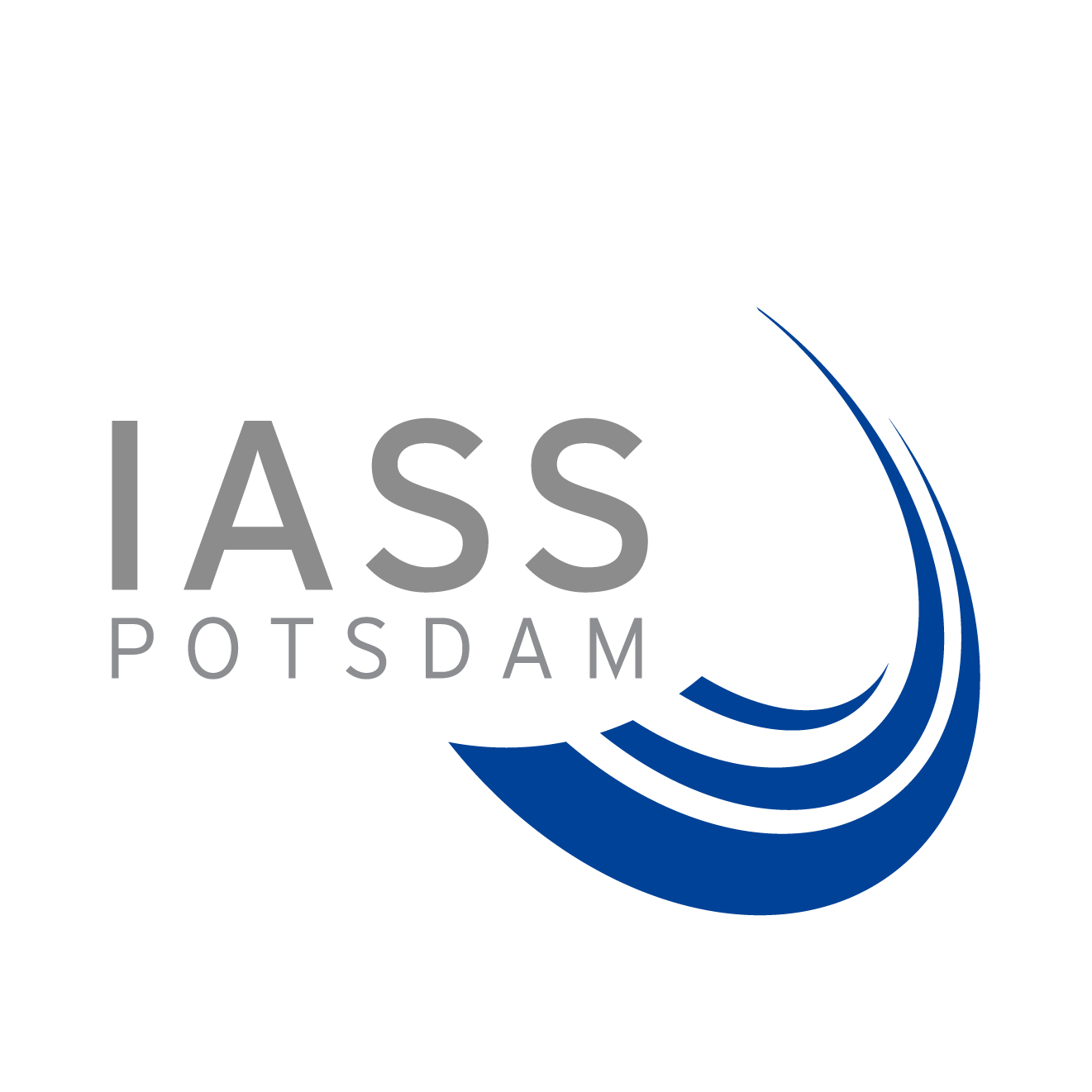
Client
Services
Background
Climate and energy policies in the target countries are currently at the crossroads – major investments particularly in coal power capacities would create and deepen path-dependencies for decades to come. At the same time, climate and energy policies in the target countries are increasingly considering renewable energy production to meet domestic energy demand, opening up a door to reconcile national development and climate strategies. The project strengthened public policy institutions in the target countries in their ability to advise their ministerial clients on the co-benefits of renewable power generation, in order to spur ambitious as well as effective INDC implementation. Climate protection measures were largely discussed in the light of “burden sharing” whereas important benefits – such as for local value creation, employment, health, water use, energy access, and energy security – were frequently overlooked. In collaboration with national knowledge partners, the project elaborated country-specific co-benefits of climate policies, with emphasis on the opportunities presented by renewable power generation. COBENEFITS linked these potentials to mitigation strategies and measures in the target countries. COBENEFITS enabled international mutual learning and capacity building among policymakers, knowledge partners, and multipliers on enabling environments to seize the co-benefits of climate change mitigation.
Target groups
Target countries
Dates
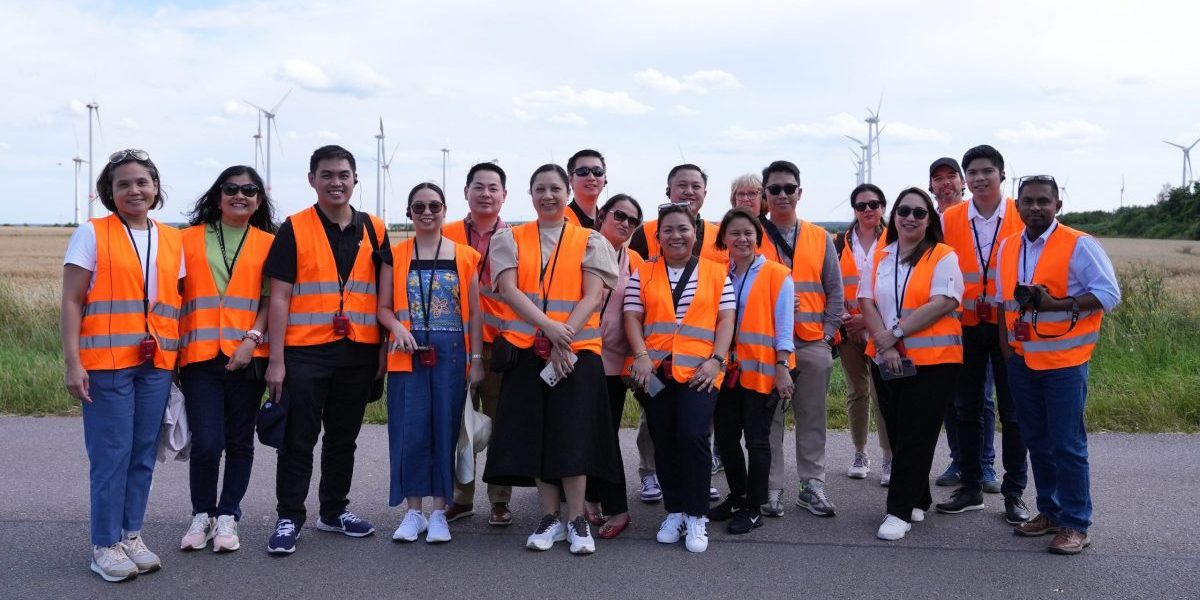
Client
Services
Background
The Green for Growth Fund, Southeast Europe (GGF) Technical Assistance Facility (TAF) was contracted RENAC to train financial institutions (FI) in Southeastern Europe and the MENA region on Green Finance within an annual Green Finance Expert Training Program.
Target groups
Dates
Client
Services
Target groups
Target countries
Dates
Client
Services
Target groups
Target countries
Dates
Client
Services
Background
This capacity needs assessment mapped out the existing individual and institutional capacities, identified the specific gaps that needed to be addressed, and developed the relevant capacity development strategy for the short and medium term. The capacity building strategy aligned with the country’s PtX and green hydrogen roadmap and strategy as developed. It built on an initial rapid capacity needs assessment for PtX and green hydrogen in Kenya that was carried out between January and February 2021 by the GHWG. It focused on identifying the immediate/priority needs at institutional and system levels in the short term. It also mapped out a preliminary list of keys, primary, and secondary stakeholders. Feedback from this initial assessment served as a good foundation for a detailed capacity needs assessment that was expected to, among other things, identify the individual needs required to support the technologies development in the country in the short and medium terms, leverage on the outcome of a baseline study recently commissioned by the MoE to prioritize activities, draw on experience and case studies from other countries/regions at an advanced stage of the technologies development, and inform the development of a medium-term capacity building strategy.
Target groups
Target countries
Dates
© 2024 | Renewables Academy (RENAC) AG
